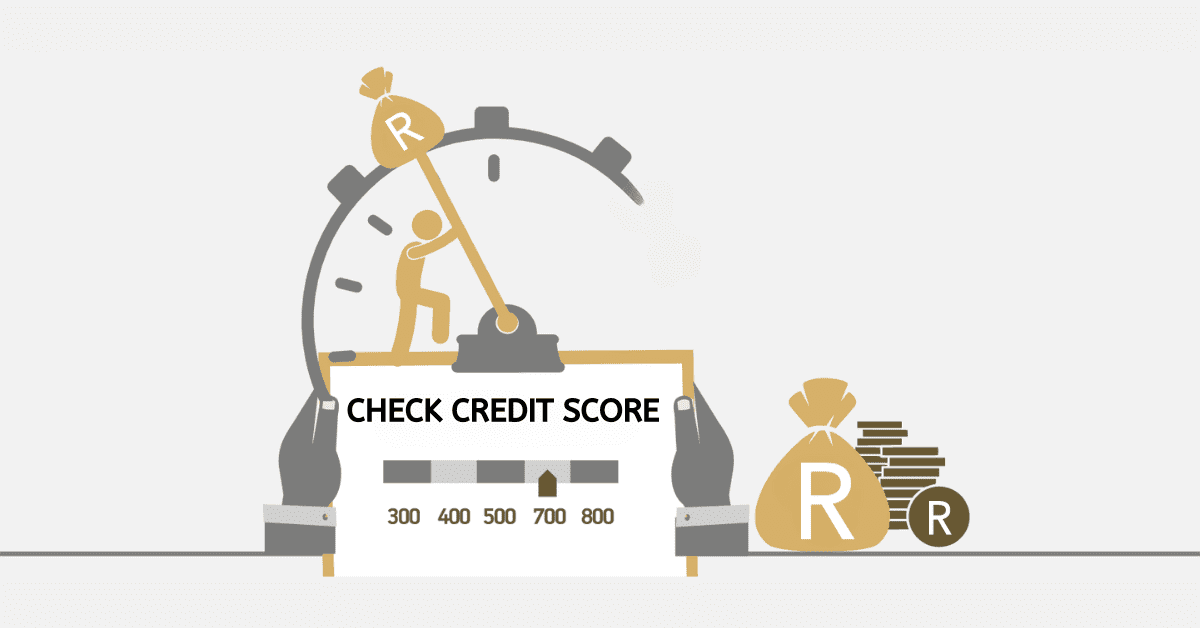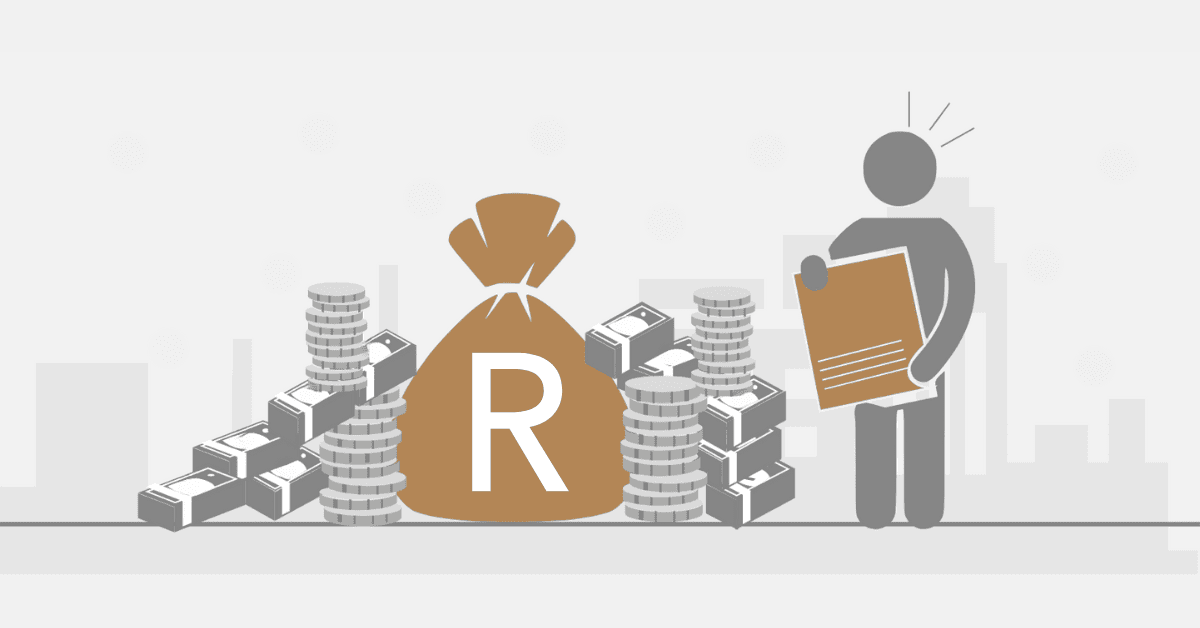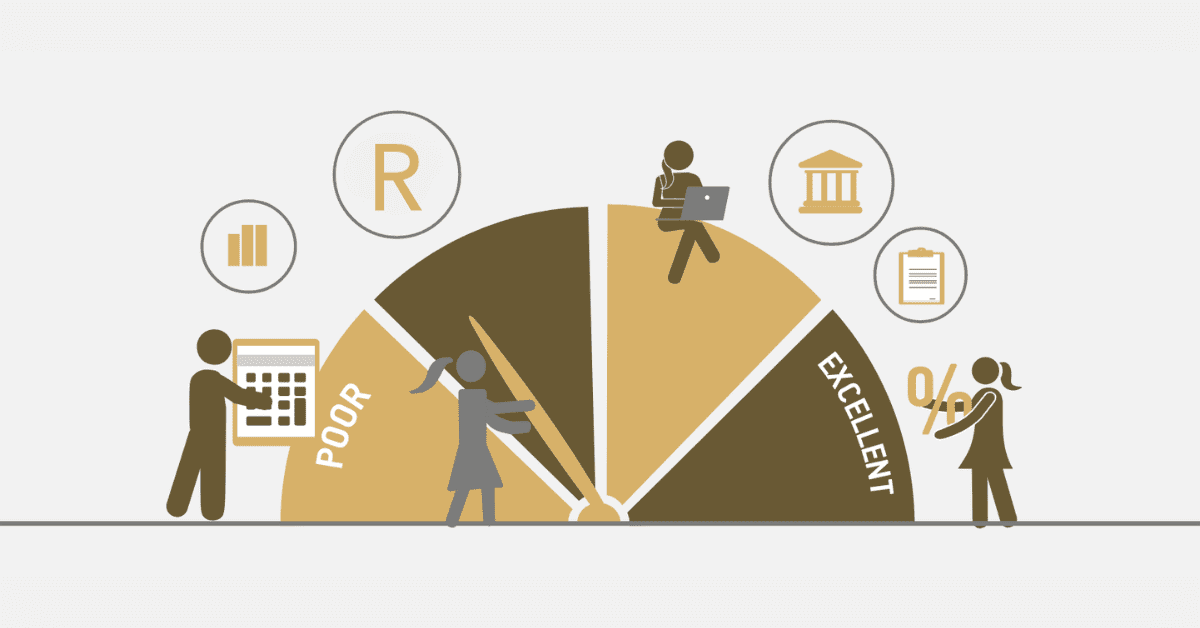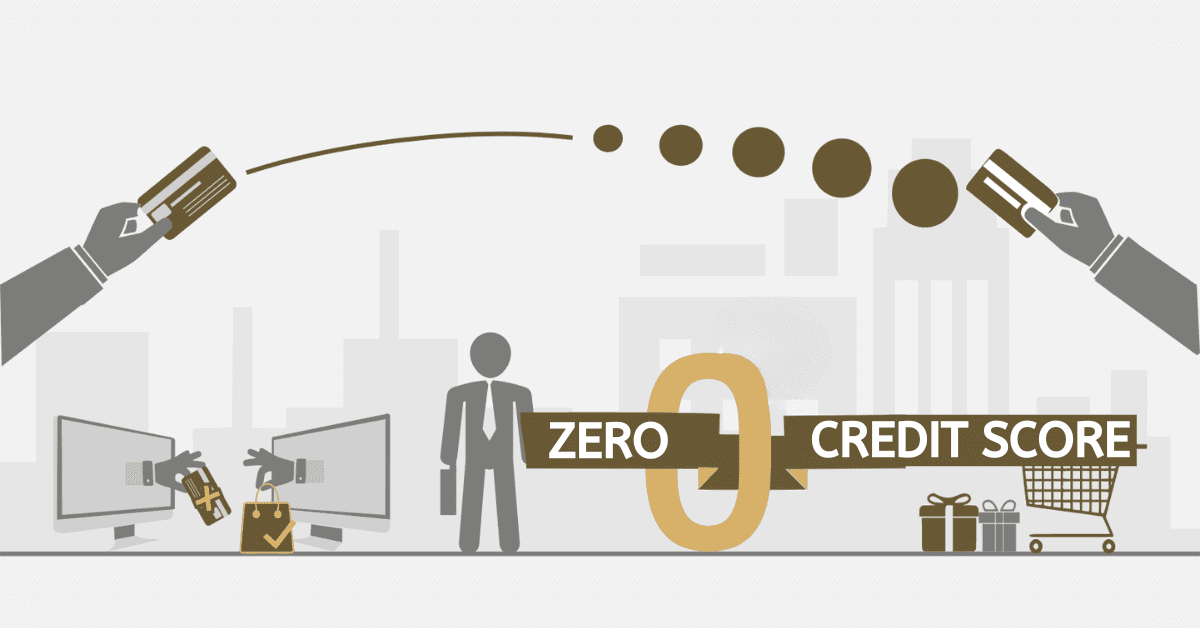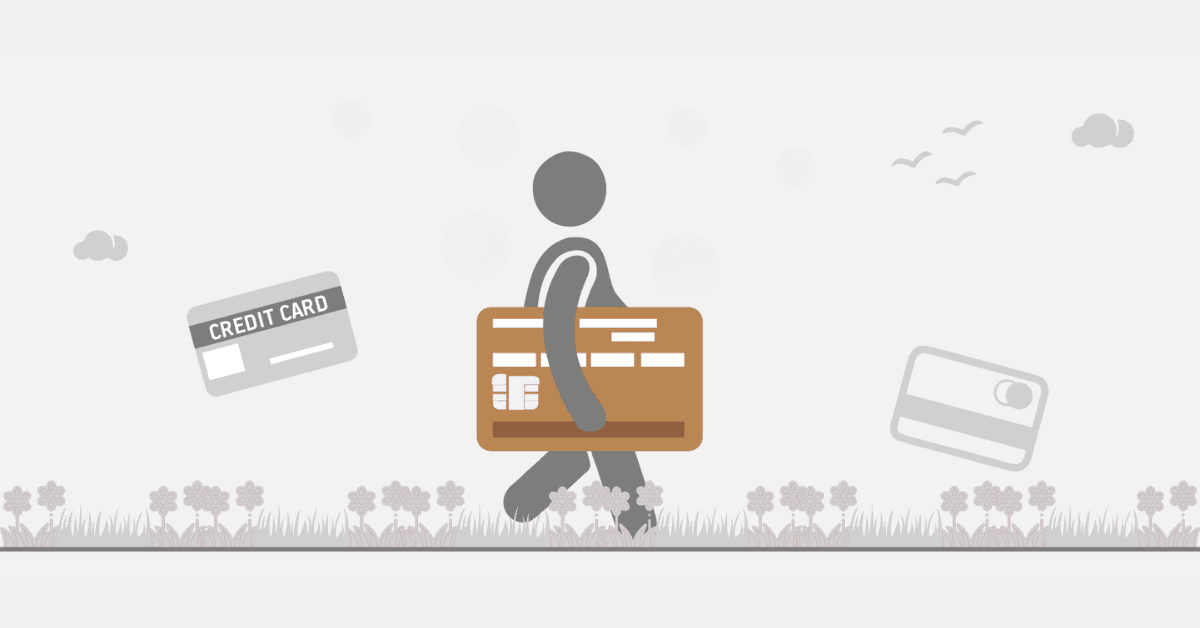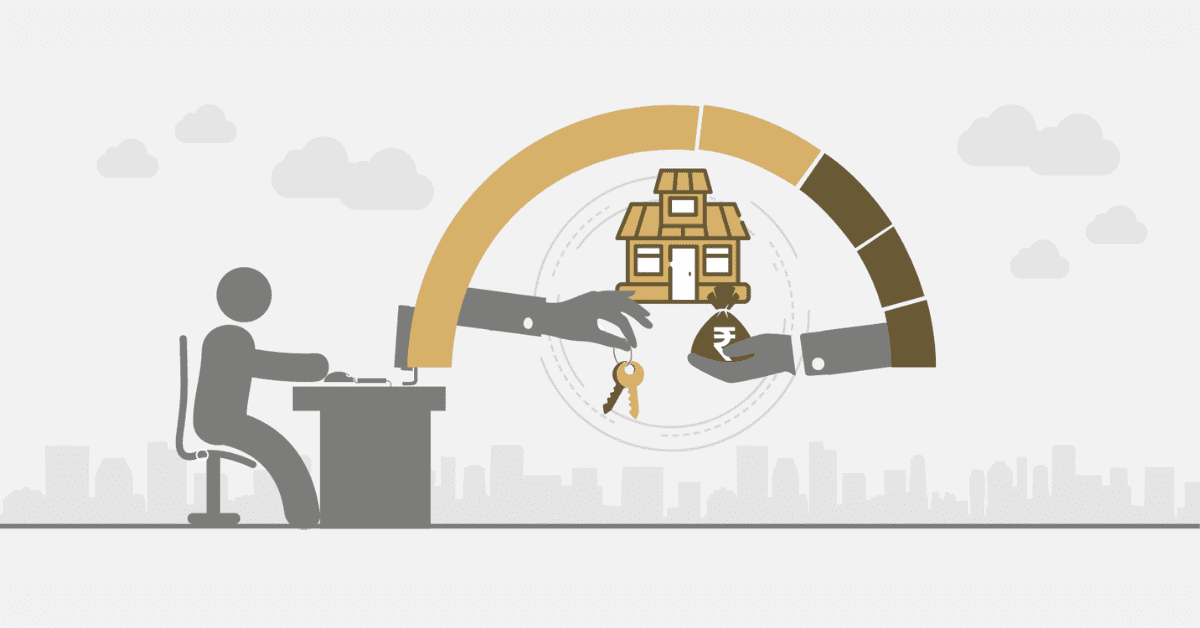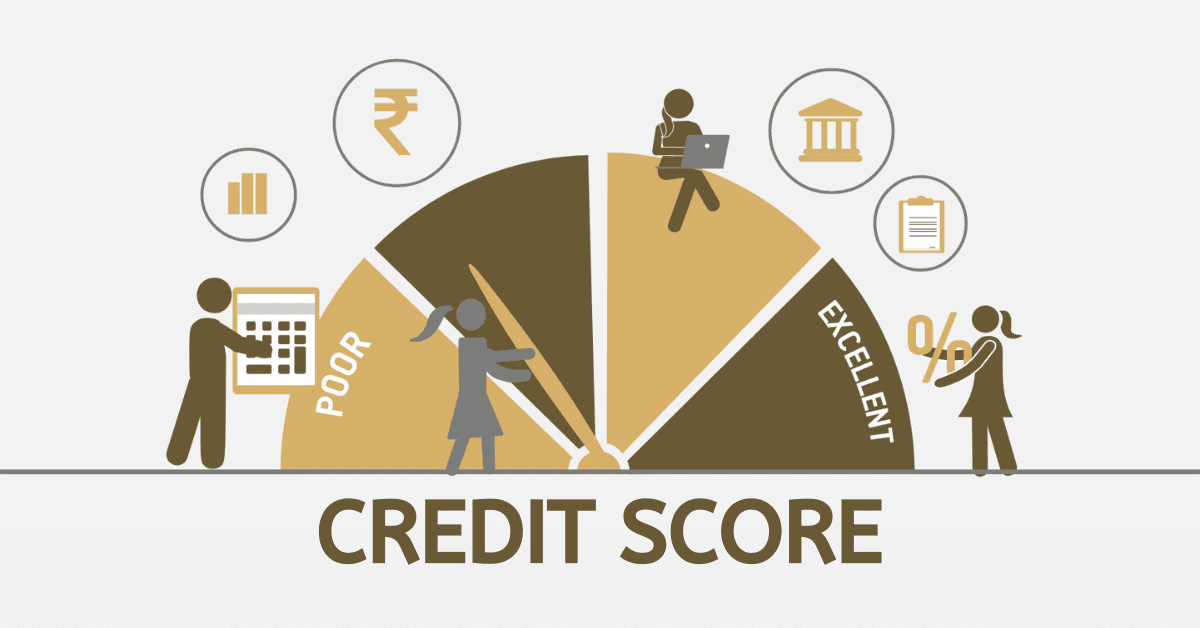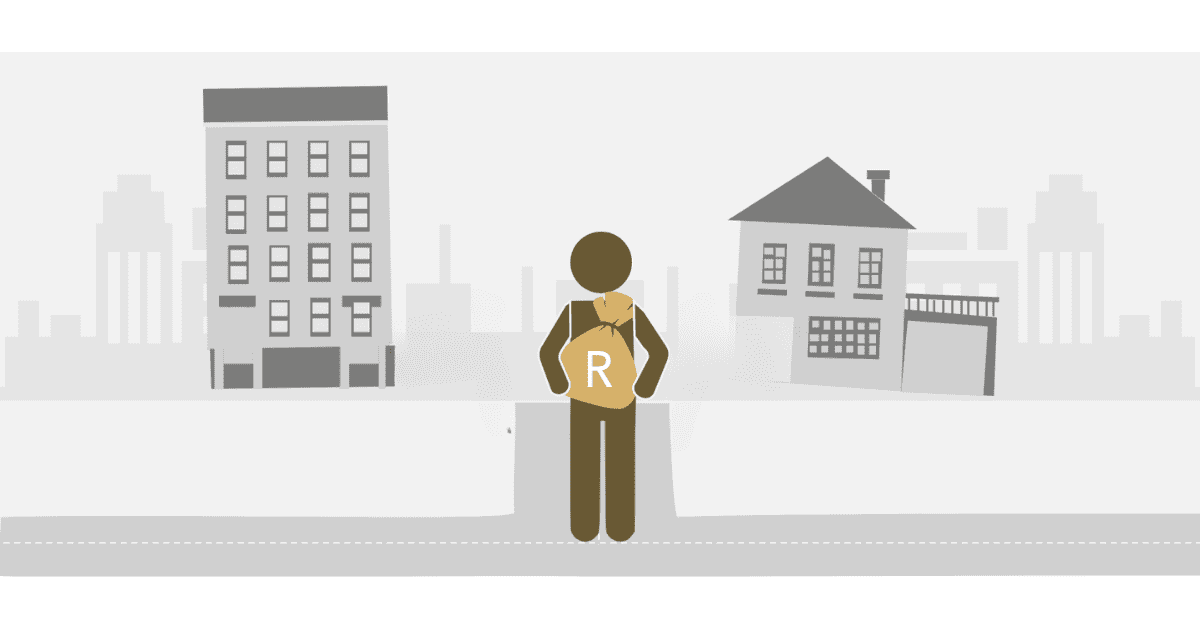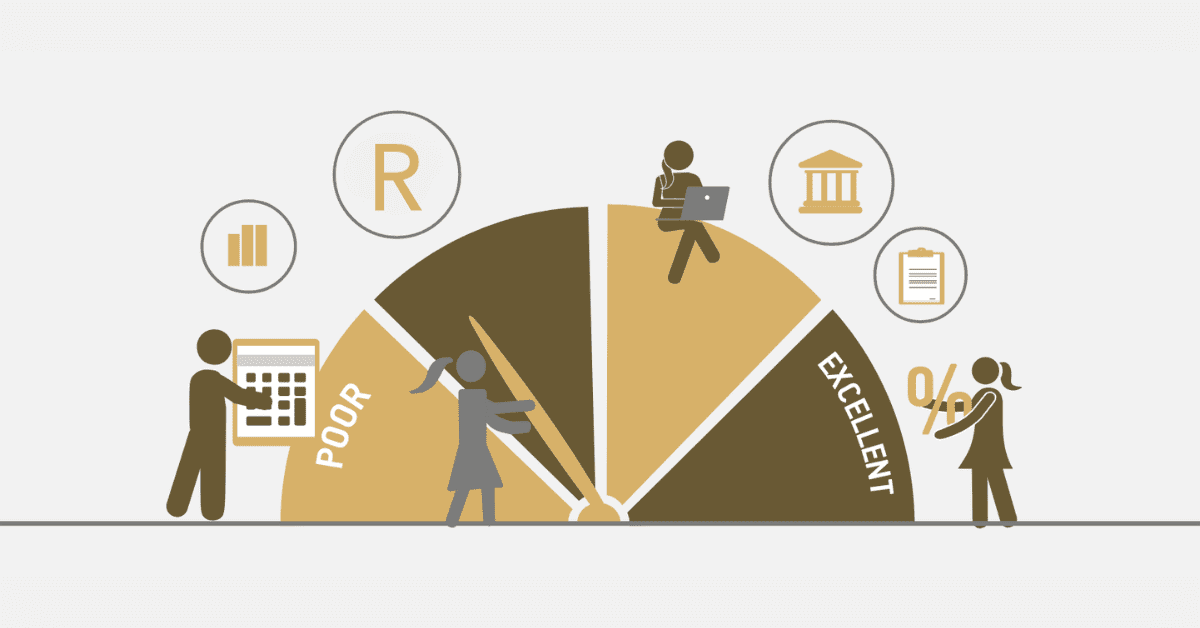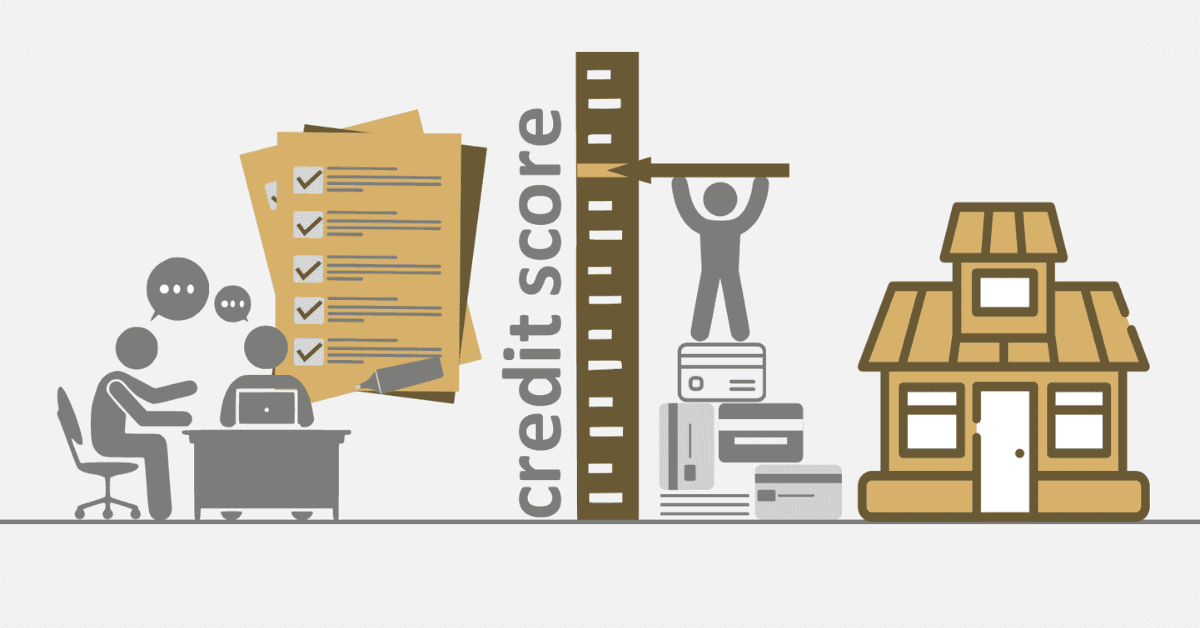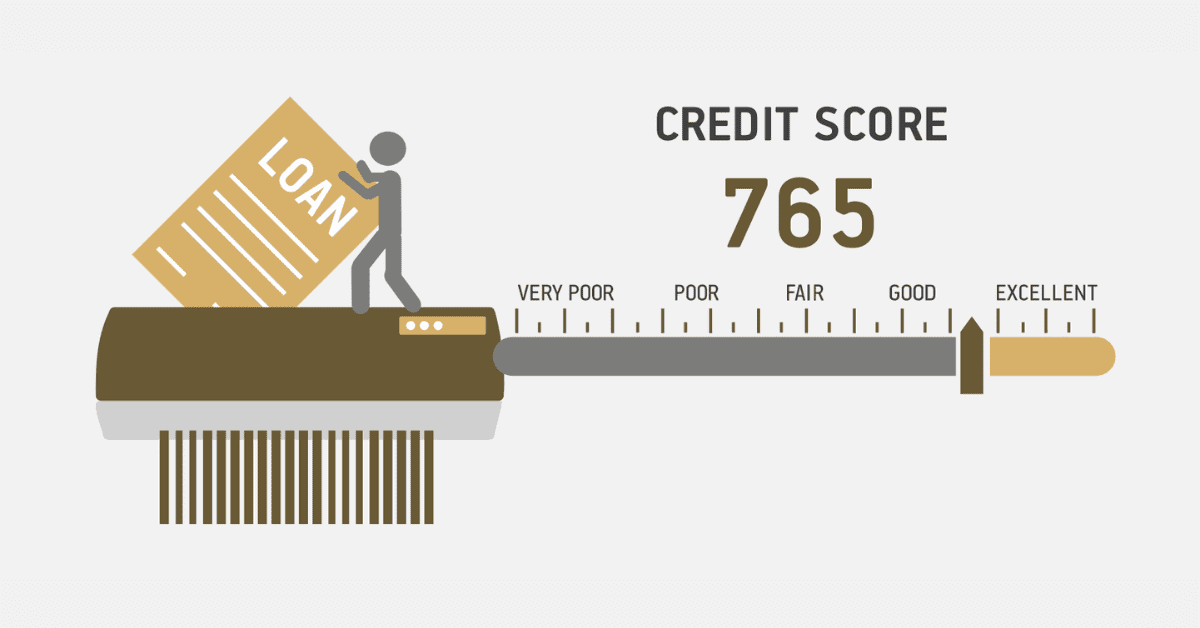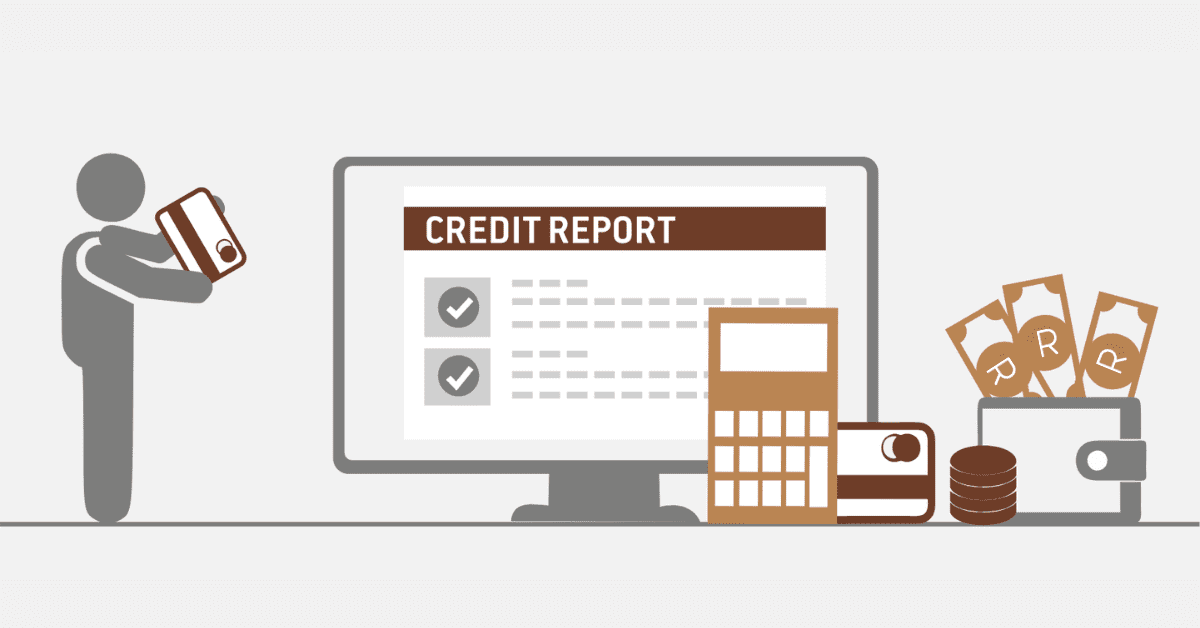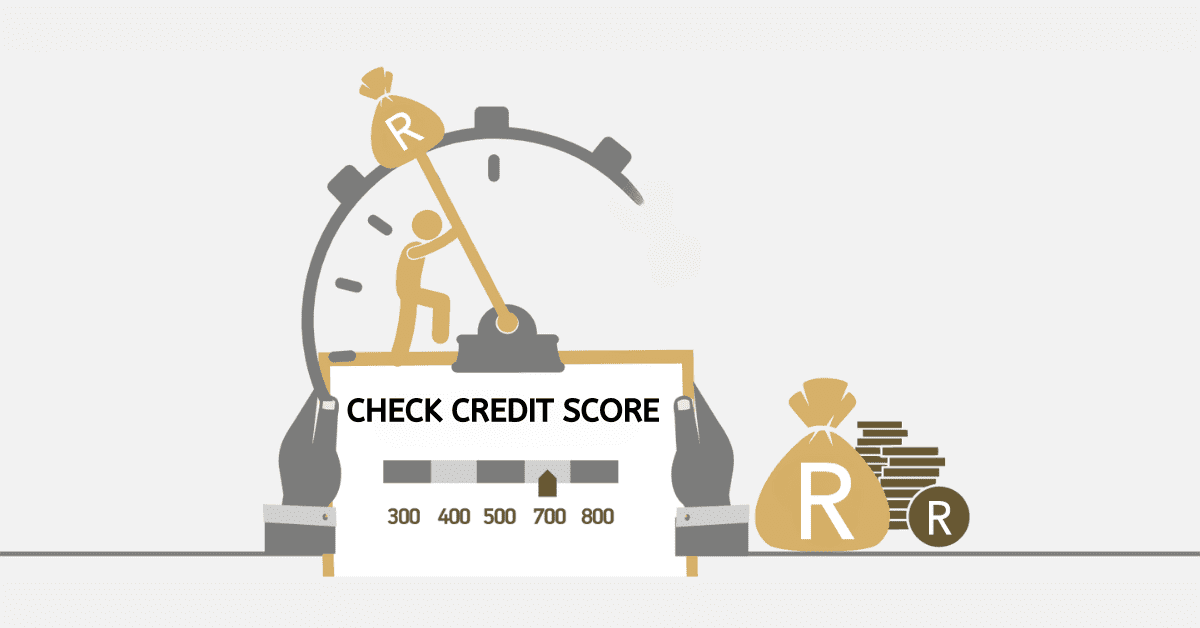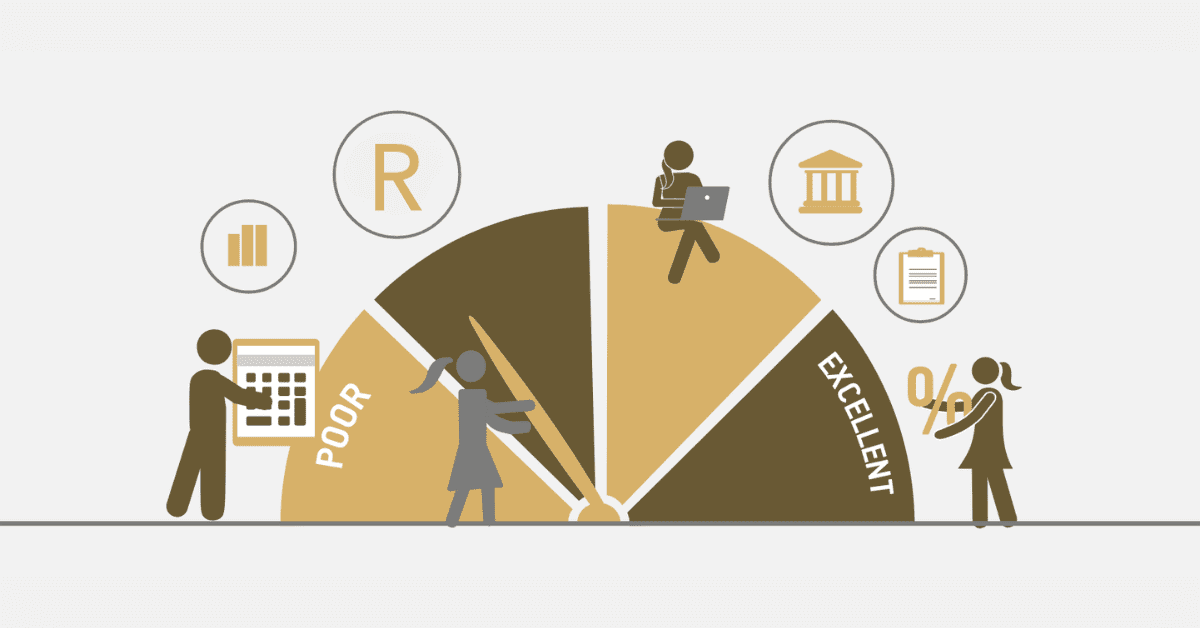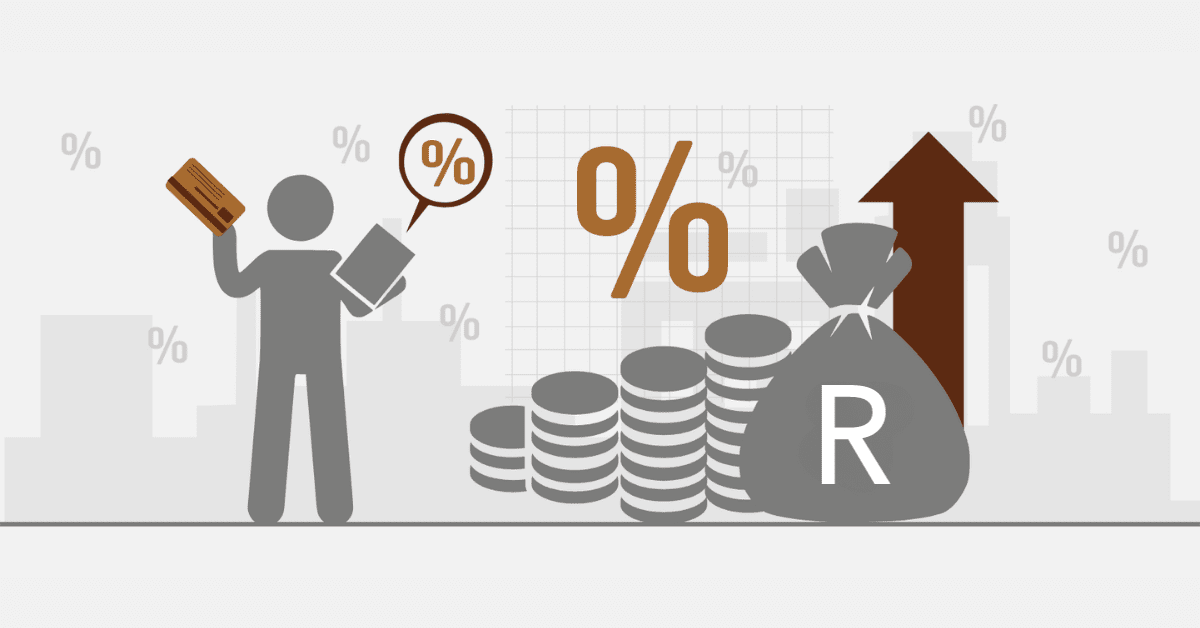Obtaining and managing credit for the first time can be difficult for beginners. Most lenders consider one’s credit history to determine their credit worthiness. Getting a loan without a credit history might be difficult, but the good news is that it is possible. This guide explores the measures you can take to build your credit score as a beginner.
How to Build Your Credit Score for Beginners?
Getting a secured credit card is the stepping stone toward building your credit score if you are a beginner. A cash deposit backs your secured credit card, and you can use it for purchases like any other credit card. The information collected from your credit reports is used to build your credit score. With a secured credit card, you cannot exceed your credit limit, which will help you maintain good credit. Make sure you create a realistic budget to avoid large bills at the end of the month.
It is imperative to learn to pay all your bills on time every month to build a good credit score. Always pay the minimum amount or more to build a strong credit score when you are still new to the world of credit. If you cannot pay your bills, contact the creditor to arrange a new payment plan.
Maintain your credit utilization at a lower level to build your score. Furthermore, avoid applying for several credit accounts at the same time. This will show that your financial situation is not yet stable. If you have other credit accounts, keep them open to create a sound credit history. More importantly, check your credit report for errors. Report all errors to a credit bureau so that it does not impact your score.
What Is the Fastest Way to Boost Credit Score?
The fastest way to boost your credit score is to pay your bills on time. Automate your credit payments to avoid late payments or missed payments. Additionally, you need to ensure that you maintain your credit utilization below 30% of the credit limit on your card. Alternatively, you can ask for a higher credit limit so that your balance will remain the same.
Keeping your spending habits steady can significantly help you boost your credit score. Alternatively, you can ask your credit card provider to increase your credit limit. If you exercise financial discipline, you can manage your monthly credit balance.
Errors in your credit report can be a major setback that impacts your credit score. Dispute all errors on your credit report to improve your credit score. If there are negative entries already paid, request the credit bureau to remove them.
How Long Does it Take to Build Credit?
You need about six months to build your first credit score, especially when you are new to credit. However, you will need more time to establish a good or excellent credit score. Once you build a good credit score, try to maintain it by avoiding issues like late payments.
How to Calculate Credit Score?
To determine your creditworthiness, lenders will consider your credit score. A credit score comprises three numbers ranging from 300 to 850. The following are the credit scores typically used in South Africa and they are determined by various metrics.
650 +: Excellent credit. You can get credit easily at a low interest rate.
600 – 650: Very good credit. You can get the best loan at a favorable rate.
550 – 600: Good credit. With this score, you can get a good loan deal at an acceptable rate.
490 – 550: Sub-prime. You may experience problems to get credit and face interest rates.
490 and below: Poor credit. People with this credit score usually do not qualify for loans.
Your payment history contributes 35% of your credit score. This is why late payment is considered the biggest risk factor that negatively affects credit scores. Your payment history includes all debts such as car loans, credit cards, and other lines of credit. It also takes into account your current status regarding outstanding debts and other aspects like judgments, and bankruptcy.
The amount of debt you owe is used to calculate 30% of your credit score. If your income-to-debt ratio is too high, this might be interpreted by lenders to mean that your financial health is not stable. Additionally, a high credit utilization shows that one is in financial distress. You should not exceed your credit limit since this shows that your financial situation is not stable.
The duration of your credit history contributes 15% of your credit score. If you are still new to credit, it might be difficult to determine your capability to handle it responsibly. Your credit score will not be very strong if you only have one credit in your history. However, a good record of credit significantly improves your credit score.
New credit and hard inquiries contribute 10% of your credit score. A lot of hard inquiries on your report indicate that you might be in a desperate financial situation and this affects your credit score. When you open many credit accounts in a short period, you will be treated as a high-risk borrower, and your credit score will be affected. The types of credit one has account for 10% of their credit score. Be sure to keep these rates at desired levels to maintain a good credit score.
What Is the Number One Credit Killing Mistake?
The greatest mistake that kills your credit score is late payment of bills or outstanding debts. Your credit score is determined by 35% of your payment history, which is the biggest chunk. Once you fail to pay your bills on time, your credit score will drop. If you have several debts and bills to settle, the problem of late payment can recur, and this will worsen your situation. The situation will be compounded by penalties levied as interest. Automating your payments can help resolve the challenge.
Building a good credit score is vital if you intend to apply for a credit card or a loan from a lender. If you are a beginner, this might seem like a daunting task, but it is achievable. By following the above tips, you can build a formidable credit score that can significantly improve your financial life.
